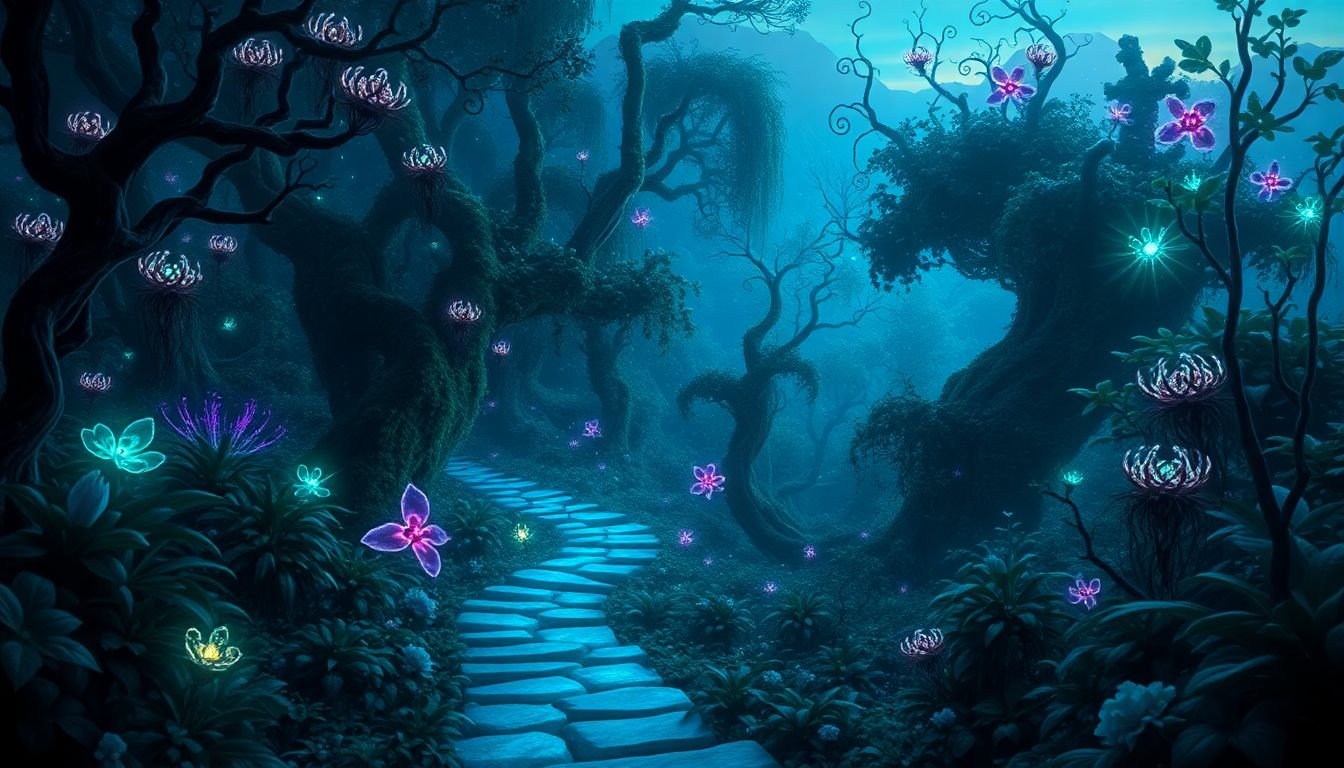Dreams can be a wild ride—filled with vivid imagery, unexpected twists, and emotional highs and lows. Complex dreams, in particular, stand out because they feel layered, intricate, and, at times, deeply symbolic. But what do they mean? Are they just mental noise, or are they trying to tell us something? Let’s explore.
What Are Complex Dreams?
Complex dreams are the epic novels of your sleep world. They often feature:
- Detailed narratives with beginning-to-end structures.
- Multiple characters or settings that feel cohesive and real.
- Intense emotions that linger even after you wake.
- Symbolic elements that feel meaningful, even if you can’t immediately pinpoint why.
Why Do We Have Complex Dreams?
1. Your Brain at Work
During the REM (rapid eye movement) stage of sleep, your brain is incredibly active. Complex dreams might be your mind’s way of organizing emotions, solving problems, or even sparking creativity.
2. Unresolved Emotions
Stress, anxiety, or even excitement can fuel elaborate dreamscapes. They might reflect situations or feelings you haven’t fully processed in your waking life.
3. Memory Consolidation
Dreams can act as a filing system, helping your brain sort through memories and experiences. Complex dreams often emerge when your mind is piecing together multiple thoughts or events.
Common Themes in Complex Dreams
1. Being Chased
What It Means: You might be avoiding something in real life—responsibilities, fears, or even a tough conversation.
2. Flying or Falling
Flying: Freedom, ambition, or new opportunities.
Falling: Insecurity, fear of failure, or losing control.
3. Unfamiliar Landscapes
Exploring unknown places might signify personal growth or a desire for change.
4. Recurring People or Places
Seeing the same face or setting repeatedly often suggests unresolved issues tied to that symbol.
What Do Experts Say About Complex Dreams?
Freudian View
Sigmund Freud believed dreams represent repressed desires and thoughts. A complex dream might be your subconscious revealing something you haven’t acknowledged.
Jungian Perspective
Carl Jung saw dreams as a way to connect with universal archetypes—symbols like the hero, the shadow, or the mentor. A complex dream might reflect your journey toward self-discovery.
Modern Science
Neuroscientists suggest dreams are your brain’s way of processing information, consolidating memories, and regulating emotions.
Decoding Your Complex Dreams
- Keep a Dream Journal: Write down your dreams as soon as you wake up. Details fade quickly!
- Analyze Emotions: What emotions stood out? Are they linked to something in your waking life?
- Look for Patterns: Recurring symbols or themes often hold the most meaning.
- Don’t Overthink It: Sometimes, a dream is just a dream—but if it resonates, take the time to reflect.
When to Pay Attention to Complex Dreams
- Recurring Dreams: They often signal unresolved issues.
- Emotionally Intense Dreams: These could point to stress, anxiety, or excitement.
- Dreams with Clarity: Some dreams provide surprising insight or solutions to real-life problems.
Conclusion
Complex dreams are more than random images—they’re a window into your subconscious mind. Whether they’re processing emotions, sparking creativity, or replaying life’s dramas, they can provide valuable insights if you pay attention.

👇One Card Tarot Reading👇
If you're interested, you can try a free online one-card tarot reading. This simple yet insightful tarot draw can help you gain a glimpse into whether your upcoming experiences might lean toward the positive or the negative. Ready to discover what the cards hold for you? 🌟
Draw a card nowDreams spark connection and insight. Share!